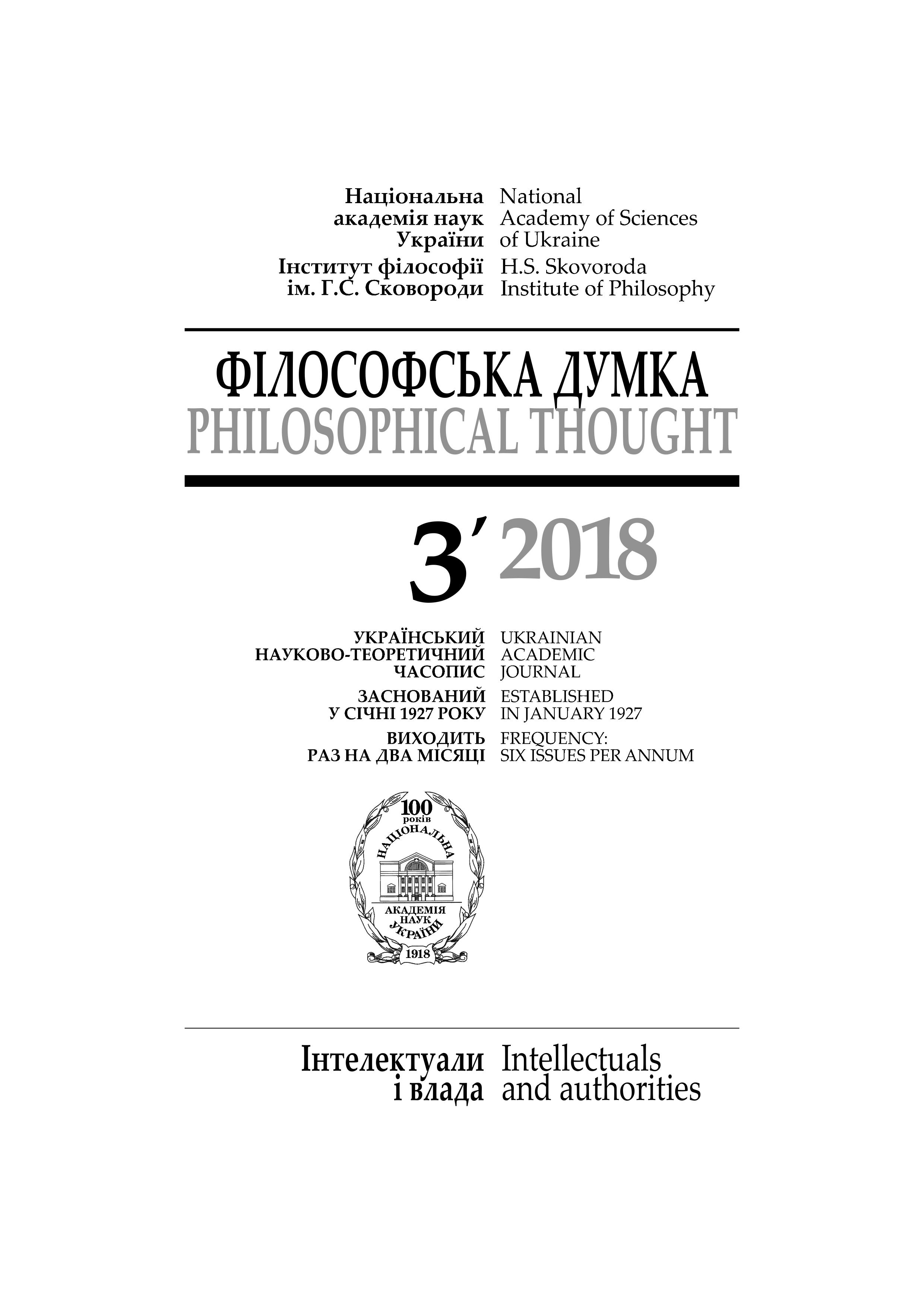Consciousness and personal identity
PHILOSOPHY OF MIND
Keywords:
consciousness, personal identity, self, narrativeAbstract
In this essay we study the nature of consciousness and its relation to personal identity. We argue that the best cognitive strategy to investigate the self implies the notion of narrative identity, though we find it wrong to identify self-consciousness with a narrative.
In a narrative we can take the place of the other, imagine possible scenarios, teaching our sensibility in complex problem solving. Biographic, historical or fiction narrative is a privileged instrument of knowledge, allowing us to explore people’s identity and nature without falling in the extremes of introspection, self-indulgent on many occasions, or im- personal neutrality. Personal identity is, consequently, the questioning on the final unique particularity of each one of us and a privileged instrument of access to that experience.
References
Chalmers, D. (1996). The Conscious Mind. Oxford: OUP.
Damasio, A. (2000). The Feeling of What Happens. London: Vintage.
Gaudemar, M. de (2001). Le Vocabulaire de Leibniz. Paris: Ellipses.
MacIntyre, A. (1985). After Virtue. A Study in Moral Theory. London: Duckworth. Nagel, T. (1979). Mortal Questions. Cambridge: Cambridge University Press.
Nagel, T. (1987). What does it all mean? Oxford: OUP.
Nagel, T. (2012). Mind and Cosmos. Oxford: OUP.
Parfit, D. (1984). Reasons and Persons. Oxford: Clarendon Press.
Perkins, F. (2007). Leibniz: a Guide for the Perplexed. London: Continuum.
Ricoeur, P. (1988). L’identit narrative. Esprit, 140/141.
Ricoeur, P. (2000). La M moire, l’Histoire, l’Oubli. Paris: Seuil.
Ricoeur, P. (2001). Le Juste 2. Paris: Esprit.
Searle, J. (1992). Minds, Brains And Science: The 1984 Reith Lectures. London: Penguin.
Downloads
-
PDF
Downloads: 251
Published
How to Cite
Issue
Section
License
Authors who publish with this journal agree to the following terms:
- Authors retain copyright and grant the journal right of first publication.
- Authors are able to enter into separate, additional contractual arrangements for the non-exclusive distribution of the journal's published version of the work (e.g., post it to an institutional repository or publish it in a book), with an acknowledgement of its initial publication in this journal.
- Authors are permitted and encouraged to post their work online (e.g., in institutional repositories or on their website) prior to and during the submission process, as it can lead to productive exchanges, as well as earlier and greater citation of published work (See The Effect of Open Access).


